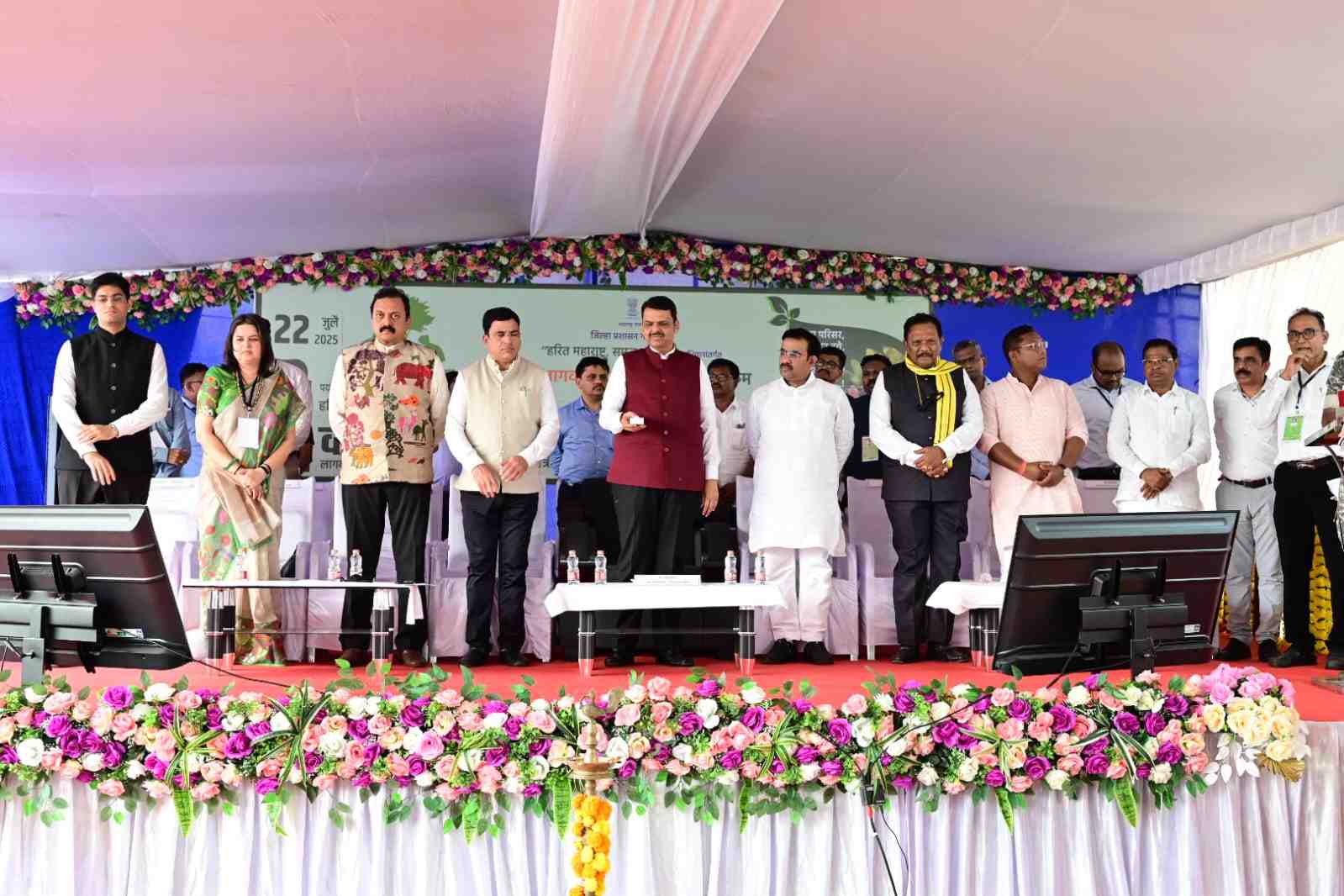
Maharashtra To Launch ₹25,000 Crore ‘Krishi Samruddhi Yojana’ Based On Sanjeevani Model
Agriculture Minister Manikrao Kokate Announces Major Capital Push For Farmer Prosperity Over 5 Years
Mumbai, July 22 – Maharashtra is set to roll out a massive ₹25,000 crore Krishi Samruddhi Yojana (Farmer Prosperity Scheme), modeled on the successful Nanaji Deshmukh Krishi Sanjeevani Project, to transform agriculture through capital investment, modern technology, and climate-resilient practices, Agriculture Minister Adv. Manikrao Kokate announced.
An average of ₹5,000 crore will be allocated each year over five years, with a core focus on agricultural mechanization, micro-irrigation, climate-smart seeds, and value chain strengthening. The scheme is designed to boost farmer income, reduce input costs, and foster sustainable farming.
Key Objectives:
- Capital investment in agriculture to build infrastructure and reduce production costs
- Crop diversification, digital farming, and precision agriculture services
- Logistics and warehousing, exports, and post-harvest processing
- Establishment of Innovation Hubs, capacity-building centers, and digital tools for extension services
Kokate emphasized that the scheme will support the livelihoods of small, marginal, tribal, women, and disabled farmers, with AgriStack registration being mandatory for participation. Special arrangements will be made for forest rights holders without existing digital registration.
Scheme Design:
The scheme will operate in three main verticals:
- DBT-based support for individual and group investments, including irrigation and machinery banks
- District-level planning to address local needs like soil health, organic farming, and pest control
- State-level research with agriculture universities for innovation, resilience models, and digital upgrades
Breakdown of proposed fund allocation:
- ₹4,000 crore (80%) for operational components
- ₹500 crore (10%) for district-driven localized schemes
- ₹500 crore (10%) for state-led research and innovation projects
Strategic Investment Areas:
- Water management: Farm ponds, micro-irrigation, water conservation structures
- Soil and nutrient management: Testing, organic inputs, pest and nutrient control
- Climate-resilient cropping: Pulses, millets, oilseeds, medicinal crops
- Value chain development: Cold chains, drying units, packaging centers
- Allied livelihood activities: Goatery, freshwater fishery, sericulture, orchards
- Institutional strengthening: Farmer Producer Organizations (FPOs), Gram Agriculture Committees
- Knowledge & training: E-learning, organic farming, pest control, crop care
The scheme will also reserve 1% of its budget for training and capacity building, with expanded programs at VANAMATI and RAMETI. A dedicated training unit will be set up under the Agriculture Commissioner to facilitate curriculum development, digital content, and field demonstrations.
The revised Pradhan Mantri Fasal Bima Yojana will also be introduced from 2025-26, based on actual harvest data and replacing the existing crop insurance model in the state.
